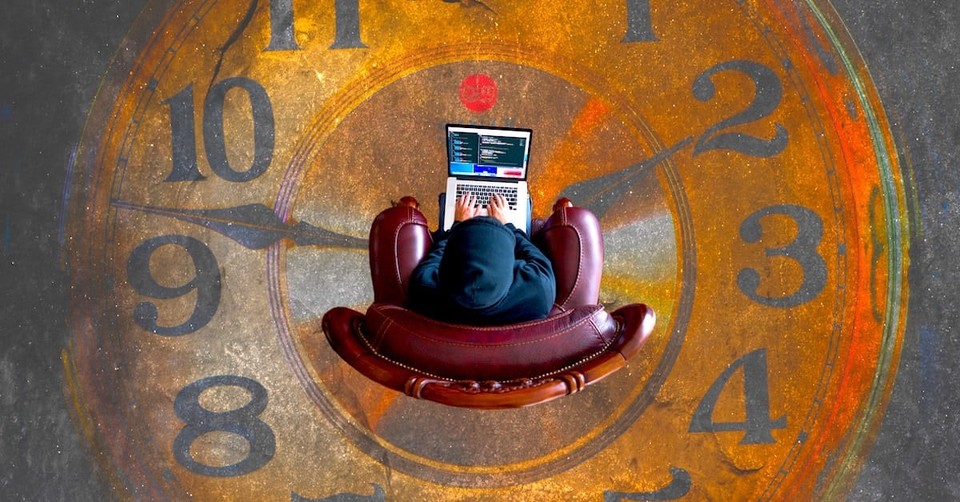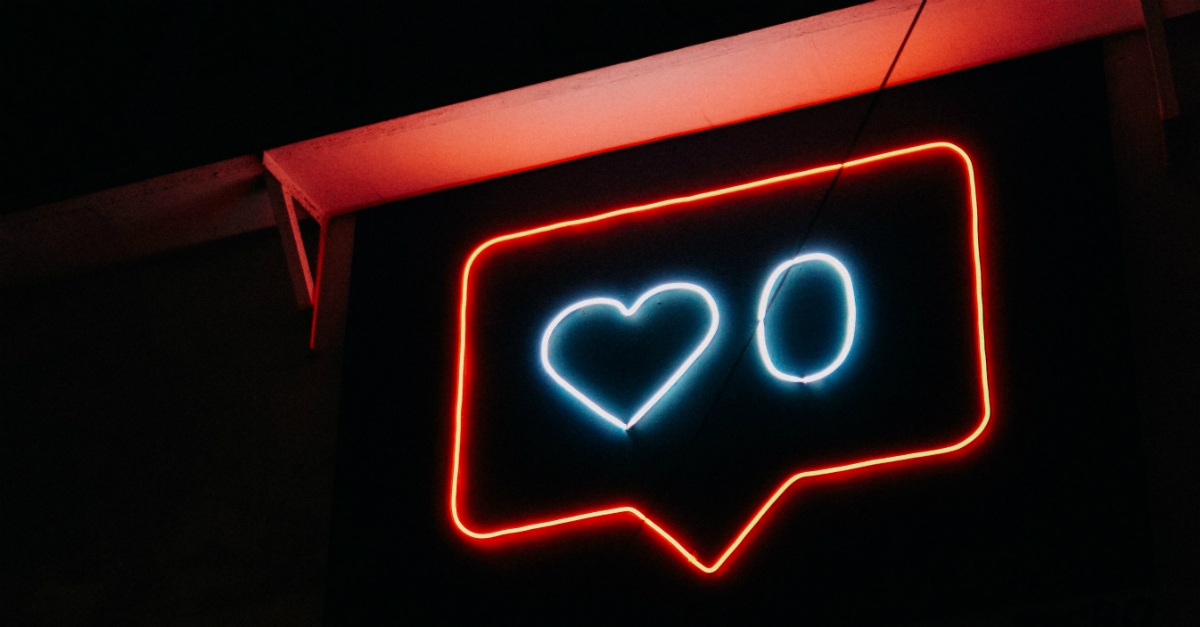Are We Allowing Social Media to Become a Life-or-Death Platform?

“Is our life just worth one photo?”
This question was posted on Vishnu and Meenaskshi Moorthy’s Instagram account in March of last year. On the post, which showed Meenaskshi sitting on the edge of the Grand Canyon at sunset, Moorthy shared: “A lot of us, including yours truly, are fans of daredevilry attempts of standing at the edge of cliffs and skyscrapers...Is our life just worth one photo?” The two software engineers and travel bloggers from India garnered thousands of likes each time they posted.
The couple died in October of 2019 when they fell 800 feet from a cliff edge at Yosemite National Park. They were likely taking pictures for Instagram.
Dying for Likes?
Tomer Frankfurter was just two months past his 18th birthday when he fell to his death at the same park. The dramatic details of the accident explain that his death is just one of a number of fatalities involving young people in search of spectacular photos, often to post on Instagram, Facebook, or other social media as a growing trend.
Breathtaking views on the edges of cliffs, skyscrapers, or other places of height used to be places to enjoy being in the moment. It was a chance to survey the beauty around us. However, the internet and social media are changing the game. Not only do we want to document the moment but we are pushing the envelope of risk.
Michael Ghigelieri, co-author of Off the Wall: Death in Yosemite, a book about fatal accidents in the park, says there is a selfie epidemic.
“Today people are trying to prove that they did something,” Ghiglieri said. “In the old days people went out to have an experience. Now they go out to record that they had that experience."
During the so-called ‘year of the selfie’ in 2014, the U.S. Department of Transportation estimated that 33,000 people were injured. Perhaps one of the most tragic cases of death by selfie involved three teenagers were killed by a train while posing for a selfie which was visible in the final picture they posted on Facebook moments before their deaths.
A subculture has emerged in the past decade of people who seek out death-defying situations and what they will do for likes, followers, and social media fame. Why have we become so self-obsessed for likes? Why do so many admit to deleting posts that aren’t likes?
Worshipping the Idol of Approval
Do ‘likes’ really account for much in real life? Shouldn’t we be worried about why the church is dying, how much savings we have for a house, or whether or not our teens are truly becoming disciples of Jesus?
People have always needed approval because humans are social creatures. But social media is taking this tribe concept to the extreme where we can communicate with people around the world.
One such Instragam account soared to 1.2 million followers overnight. @Influencersinthewild was created by Tank Sinatra. It now has over two million followers because the account began collecting and posting videos and photos of what people will do for that perfect shot.
One point Sinatra makes is we are all influencers whether we like it or not, because there is one thing everyone has: the desire to be known and validated.
What used to be the throne of Jesus is now reserved for worshipping what other people think.

If Not Death by Selfie, Then Death by Words
Each year thousands of suicides are reported and one of the common factors is cyber-bullying. A 16-year-old girl killed herself in Malaysia, after posting a poll on her Instagram account asking followers if she should die or not, and 69% of responders voting that she should.
Name-calling and rumor-spreading have long been an unpleasant aspect of adolescence life. But the proliferation of social media has transformed bullying into a deadly game. In fact, 59 percent of U.S. teens have been bullied or harassed online.
Many of us won’t steal, maim, or kill someone to get our point across. But we will destroy each other with words.
Remember the viral song from 201, Friday? When the then 13-year-old Rachel Black posted the song on Youtube, she never dreamed of getting death threats or being harassed at school. It was one of the most bizarre demonstrations of viral hatred. Comments ranged from, “Go kill yourself” to “Who does Rebecca Black think she is?”
Filtered Social Media Is Surreal
One danger of allowing social media to consume our attention is that we are receiving what is filtered or altered—and then posted online—as reality. But here is what we must remember: social media is not always actual real life in real-time. But for many, social media is inseparable from real life. Or, worse, it is used to record real-life events that should not have been made available for social consumption.
Humans do seek connection, community, and validation. But if you find you are impacted negatively by social media, and you’re always in a state of low-grade (or high-level) anxiety, asking: “Why isn’t my life like that?” then it might be time to reevaluate what it really means to you. It might be time for a digital detox.
Give Yourself the Gift of a Digital Detox
Instead of garnering likes for that perfectly filtered photo at all costs, focus on real life instead. It’s completely okay to give your “Insta” fingers and your mind a break from the Internet. Your soul will thank you.
If you are using social media to the extent that it dominates your daily activities, then it is time for a break. It may have become an idol and it’s time to dethrone it, and replace it with the one true King.
Taking a fast from social media will reawaken the wonder inside of you. It will open your eyes to truly enjoying the beauty around you. Spending time in nature can be incredibly rewarding and offers more than a simple picture online would.
Make it a point to be in the moment and seek out beautiful sights (rather than sites), and refrain from always looking online. Call someone and exchange your actual voices in real time. If circumstances require you to use technology to connect in person, FaceTime or otherwise video chat with your friends in real life.
If you have health issues like anxiety, depression, and insomnia, taking a social media break is extremely beneficial. A break from social media can lower feelings of anxiety and depression because there’s no pressure to meet the ‘perfected’ standards you see on social media.
Here’s the thing, if each of us chooses to put social media in its proper place, we would stand a chance to fight the life-and-death epidemic of the selfie.
We would decommission the power of online bullying.
We would learn to reconnect with real faces in real time with the ability to hold our attention for long conversations.
We would invite opportunities to etch into our memory the beauty around us—instead of being distracted (or endangered) with getting just the right perfectly-filtered shot.
Photo Credit: ©GettyImages

Originally published April 30, 2020.




